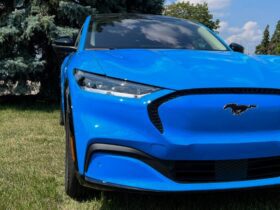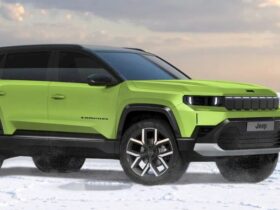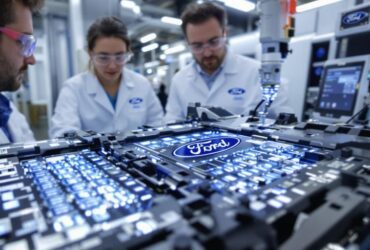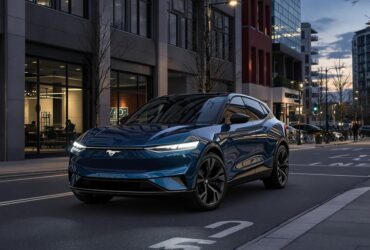Rising Waves in New Car Sales Despite the Dip in EVs
Car sales globally have experienced a burgeoning resurgence, despite the current economic doldrums prominently brought about by the Covid-19 pandemic. The automobile industry, like many other industries, has faced a whirlwind of challenges and disruptions, particularly in supply chain logistics. Yet, in the midst of it all, one sector seems to deter from this upward trajectory – Electric Vehicles (EVs).
Contrary to the pervasive larger trend, Electric Vehicles, despite the offer of generous discounts and incentives by manufacturers, are going backwards in sales.
New Car Sales Perk Up: An Overarching Snapshot
Despite the challenges posed by the pandemic and interruptions in the supply chain, new car sales have begun to perk up globally. Automobile companies have had to circumnavigate significant hurdles to meet customer demands in this exceptional period.
During the strict lockdown periods, many car production factories were forced to shut down. Complying with the subsequent social distancing rules has additionally led to a decreased workforce capacity. Notwithstanding these roadblocks, new car sales have rebounded, mirroring the resilience and adaptability of the industry.
There has been an increase in sales even in the used luxury car segment, with consumers opting for second-hand luxury vehicles to fulfill their automobile dreams. This surge has manifested across multiple countries, including New Zealand, demonstrating the resilience of new and slightly-used car sales.
The Underpinning Factors for Buoyant Car Sales
Several factors have catered to the upward trend in new car sales:
– With social distancing becoming the new norm, the allure of private transportation has significantly increased. Many people have chosen to avoid public transit and opt for personalized conveyance.
– The advent of digital platforms for car sales has been another game-changer for the industry. With physical restrictions on dealership visits, these digital paths have opened doors for easy comparisons, better choices, and timely deliveries.
– Economic stimuli in various countries have also played their part, leading to an improvement in purchasing power for customers.
Electric Vehicles: A Contrasting Trend
In contrast to the general sales trend, sales for Electric Vehicles (EVs) have encountered a downward trend. This slump in sales is somewhat surprising, given the global push towards greener energy sources and the compelling benefits associated with EVs.
Despite the offer of heavy discounts and purchase incentives, customers seem hesitant in investing in Electric Cars. New Zealand observes this dampened enthusiasm, with a dip in the sales of EVs even though the overall vehicle market flourishes.
What’s Pulling EV Sales Down?
Various factors have indeed contributed to this EV sales dip:
– Lack of infrastructure: The adequate availability of charging stations is a pre-requisite for the wide acceptance of EVs. However, many countries still lack a comprehensive network of EV charging stations, leading to range anxiety amongst potential buyers.
– Slower production: The production of EVs necessitates specific components, like lithium batteries, that have faced supply chain disruptions. This factor has decelerated the manufacturing pace, leading to increased waiting periods for customers.
– Higher upfront cost: Despite heavy discounts, EVs typically come with a higher initial cost compared to traditional combustion-engine vehicles. This prospect dampens customer enthusiasm, primarily in an unstable economic environment.
Forecasting the Future of the Automobile Industry
While the rising new car sales trends demonstrate an adaptation to the ongoing crisis, the slump in EV sales propounds a need for broader reforms. For greater acceptance and popularity of Electric Vehicles, nations need to incentivize further and invest in infrastructure development. A synergy of policies, infrastructural support, and increased awareness about these vehicles’ benefits will be key to unlocking the full potential.
Auto manufacturers can also contribute to the solution by working on cost-effective technological advancements and exploring more options for prospective EV buyers.
As the world turns a page to a new chapter in the post-Covid era, the automobile industry is expected to remain at the forefront of innovation and resilience. The upward trend in new car sales has imbued hope in the sector, while the discrepancy in EV sales asks for a renewed focus. As we advance, the progress of these trends will remain critical to watch.
It’s clear from the trends that while great strides have been made, there is still a long road ahead in the journey of the automobile industry, particularly in regards to Electric Vehicles. Reaching the destination would require the combined efforts of manufacturers, governments, and consumers alike.













Leave a Reply